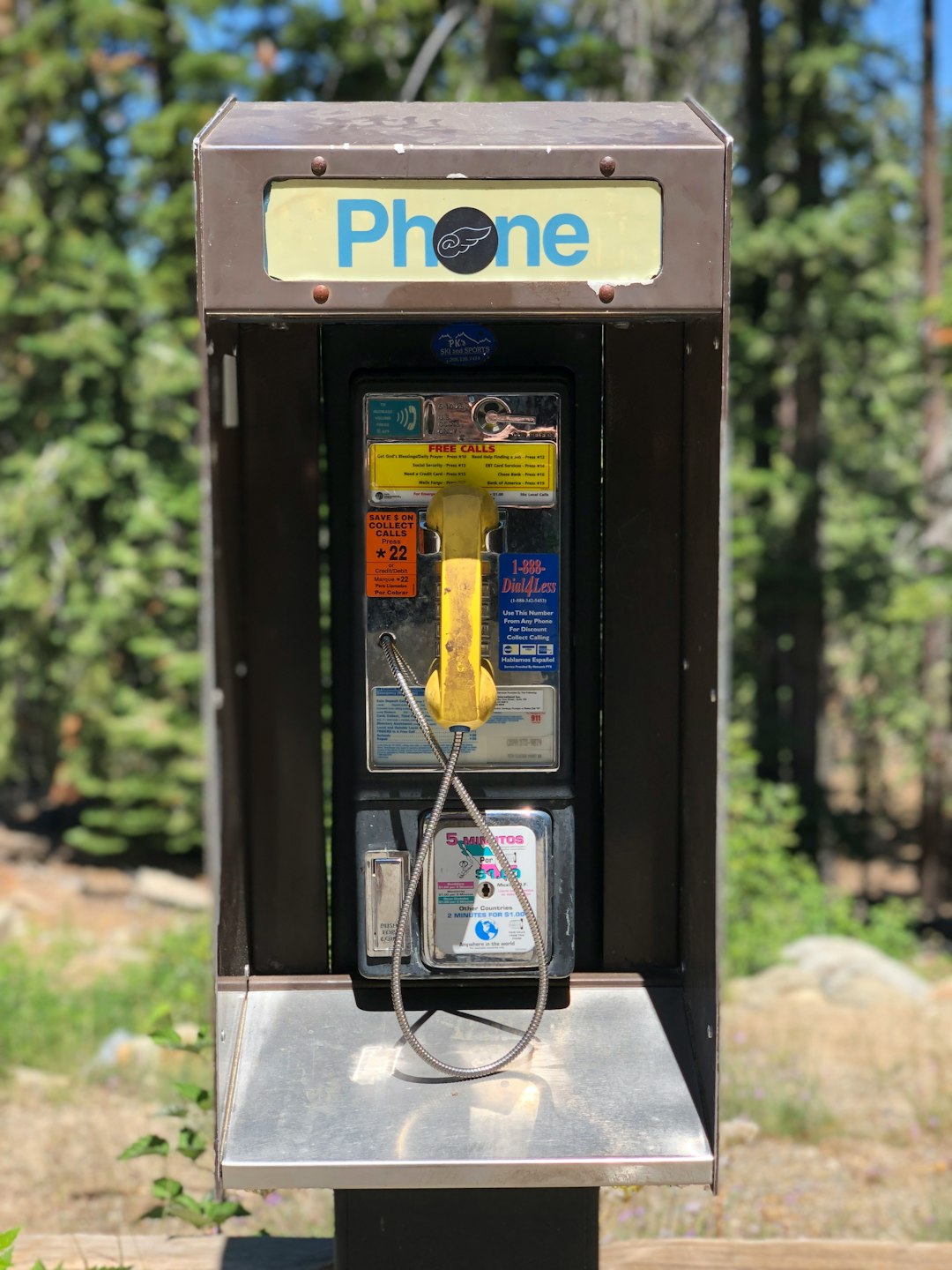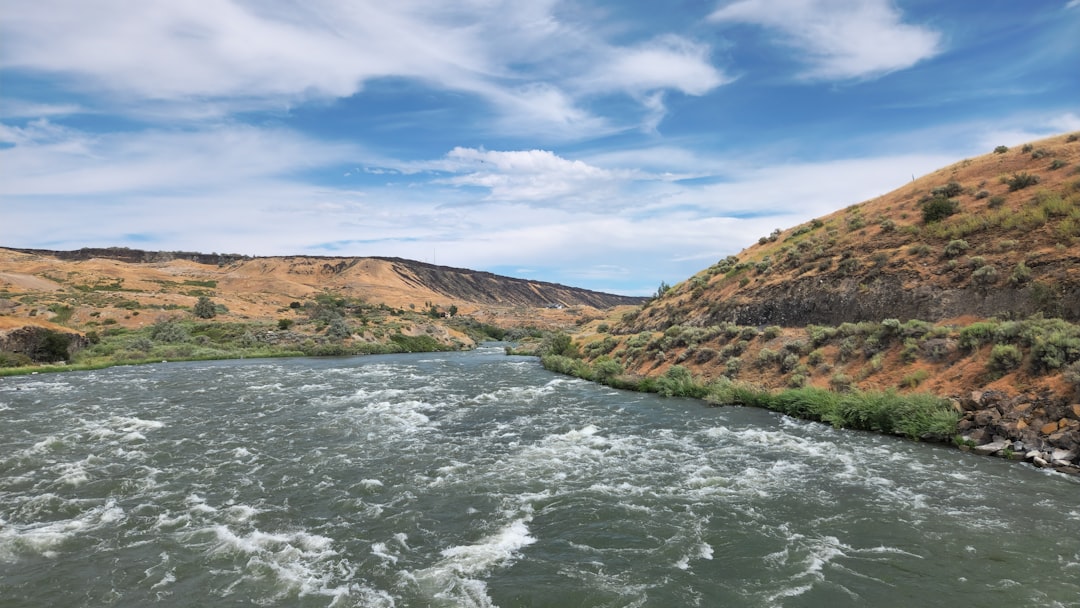Boise refugee centers must comply with Idaho's strict TCPA rules for phone outreach, avoiding spam fines and reputational damage. They should secure explicit consent, offer opt-outs, and personalize messages to build trust effectively. Engaging a Spam Call law firm in Idaho ensures compliance while supporting refugees' community engagement.
Boise refugee centers play a vital role in supporting newcomers, but their outreach efforts must adhere to strict TCPA regulations to avoid spam calls and legal repercussions. This article delves into the intricate world of Idaho’s TCPA laws, explores their implications for refugee center marketing, and offers practical strategies for compliant phone campaigns. Discover how to build trust with refugees without crossing the line into spamming, ensuring your efforts are both effective and legally sound.
Understanding TCPA Regulations in Idaho

In Idaho, the Telephone Consumer Protection Act (TCPA) regulations are strictly enforced to protect residents from unwanted spam calls and text messages. As a state with a robust legal framework, Idaho has specific guidelines that businesses and organizations must adhere to when conducting outreach programs. The TCPA restricts automated telephone marketing, including robocalls, and requires prior consent for non-emergency phone calls or texts to individuals.
For Boise refugee centers aiming to connect with their community through compliant outreach, understanding these rules is essential. By ensuring they operate within the legal boundaries set by Idaho’s Spam Call law firm, these centers can effectively communicate without risking penalties or causing nuisance to potential beneficiaries. This balance between effective communication and regulatory compliance is crucial for building trust and engaging with the refugee population in a meaningful way.
Legal Implications for Refugee Center Outreach

Boise refugee centers operate within a stringent legal framework, particularly regarding phone outreach and communication with their clientele. The Telephone Consumer Protection Act (TCPA) is a federal law in the United States that places restrictions on businesses making automated or prerecorded phone calls to consumers—a regulation that holds especially significant for Refugee Center Outreach programs.
Non-compliance with TCPA guidelines can result in severe legal repercussions, including substantial fines and damage to the organization’s reputation. Therefore, Boise refugee centers must ensure their outreach programs are TCPA-compliant, employing strategies such as obtaining prior express consent from individuals before calling them, providing a clear opt-out mechanism during calls, and limiting automated messages to specific circumstances. Engaging a specialized Idaho spam call law firm can offer much-needed guidance on navigating these legal waters effectively while upholding the center’s mission of supporting refugees in their new communities.
Strategies for Compliant Phone Campaigns

To ensure effective yet compliant phone campaigns for Boise Refugee Centers, organizations must adhere to strict guidelines set forth by laws like the Spam Call law in Idaho. This involves obtaining explicit consent from potential callers before initiating any outreach. Utilizing opt-in methods, such as registering interested parties on a volunteer list or collecting contact details through partnerships with recognized refugee support groups, is key.
In addition to consent, timing and personalization play crucial roles. Refrain from making calls during unusual hours or targeting individuals who have not indicated interest in similar campaigns. Tailor messages to reflect the specific needs and interests of refugees, ensuring communication remains respectful and relevant. This not only enhances engagement but also reinforces the centers’ commitment to ethical and effective outreach practices.
Building Trust: Engaging Refugees Without Spamming

Building trust is essential when engaging with refugee communities, especially in light of the sensitive nature of their situations. Refugee centers in Boise, Idaho, must tread carefully to avoid any perception of spamming or overwhelming communication, as this could deter individuals from seeking assistance. The Telephone Consumer Protection Act (TCPA) was designed precisely to prevent such practices and protect consumers from unwanted calls. By adhering to TCPA compliance, refugee outreach programs can ensure their messages land with the intended audience, fostering a welcoming environment rather than causing distress.
Effective communication involves respecting the preferences and boundaries of refugees while providing them with valuable resources. This delicate balance ensures that any outreach efforts are welcomed and viewed as supportive, rather than intrusive or disruptive. A spam call law firm in Idaho can offer guidance on navigating these waters, ensuring that refugee centers’ initiatives remain compliant and sensitive to their community’s needs.






